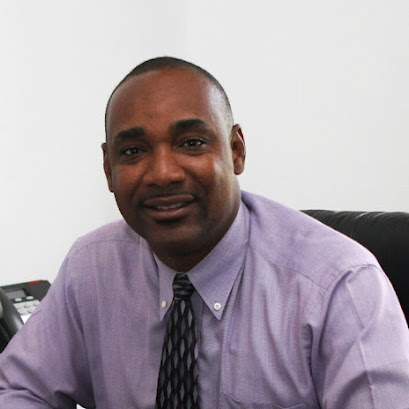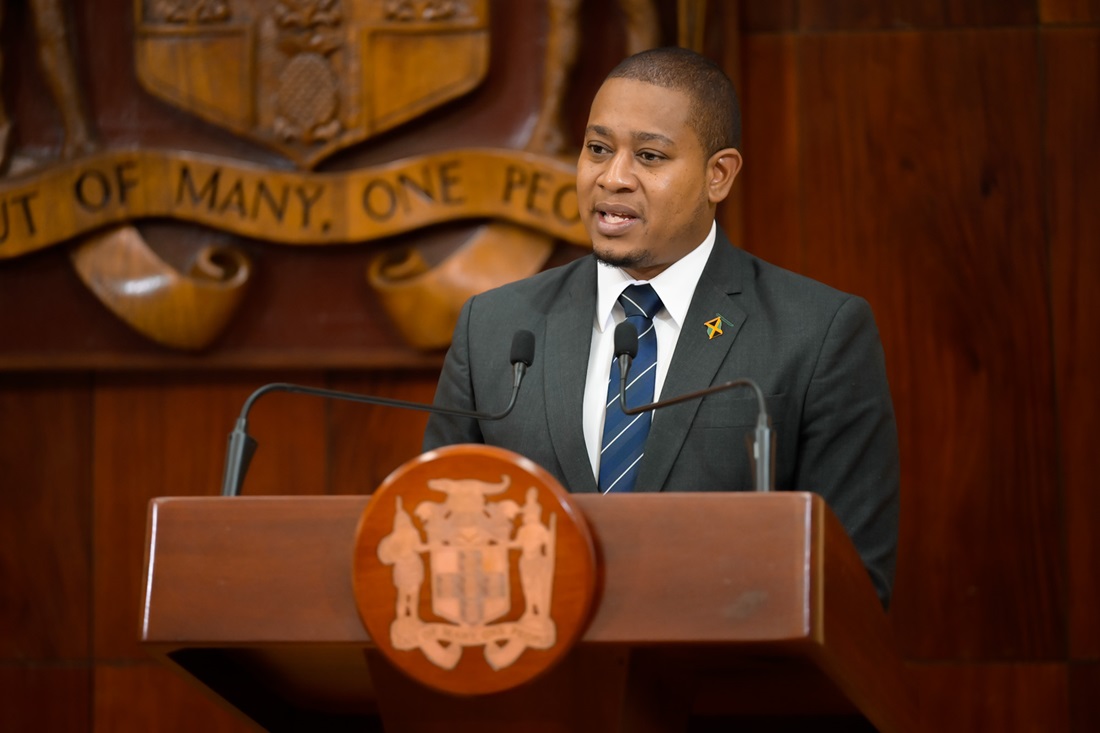News
TCI not in business with ‘Panama Papers’ law firm says FSC

Caribbean News
Agriculture Ministry Providing Two Water Trucks to Serve St. Elizabeth and St. Catherine
News
“Mad Max” Convicted of Murder
News
Airports Authority aims for 24-hour airport and announces Scholarship programme
-

 News6 days ago
News6 days agoDR man rented Jet Ski nine days ago in Providenciales; where is he now?
-

 Health7 days ago
Health7 days agoDengue cases rising in Region
-

 TCI News3 days ago
TCI News3 days agoExperience Turks and Caicos and Ministry of Tourism explore development of Cruise industry at Seatrade Global Cruise Conference
-

 Caribbean News6 days ago
Caribbean News6 days agoCARICOM pushes need for Reparations Tribunal at Forum in Geneva
-

 Education6 days ago
Education6 days agoCampus Brawl at Clement Howell High sends students to Hospital
-

 Caribbean News1 week ago
Caribbean News1 week agoCARICOM, UN applauds published decree establishing Haiti’s Transitional Government
-

 Caribbean News6 days ago
Caribbean News6 days agoCARICOM sends warning as Oil prices creep higher in the Israel v Iran conflict; 14 regional states import energy
-

 Bahamas News1 week ago
Bahamas News1 week ago$36 Million Dollar Upgrade for World Athletics Relays in Nassau, Bahamas









